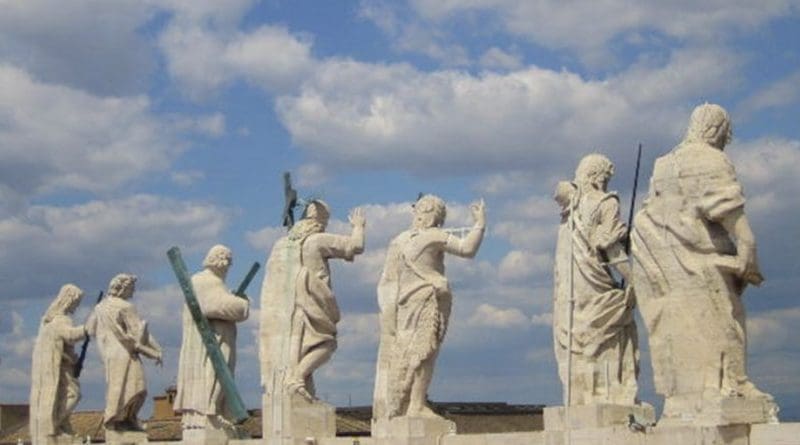New Sex Abuse Reforms Welcomed – OpEd
After much delay, the Vatican has finally set forth reforms to combat clergy sexual abuse. Fortunately, they are comprehensive and meaningful. Due to widely different cultural practices, reforms are not easy to craft for global institutions. Those who wrote these strictures did a commendable job.
The reforms target a wide range of persons victimized by sexual misconduct: minors, “vulnerable” adults (those who are physically or mentally challenged), seminarians, nuns—all are covered. In addition to coerced sexual acts, possession of child pornography qualifies as an offense.
What is perhaps most refreshing about these reforms is the dramatic break with the protracted pace of previous initiatives. The norms go into effect, worldwide, on June 1. The senior bishop in the area, known as the local metropolitan, has 90 days to complete an investigation. Moreover, the Vatican has just 30 days to render a decision on whether to pursue the case.
The laity will have a place at the table. Bishops can draw on their expertise in many areas while conducting an investigation. Safeguarding the rights of whistleblowers is also a step in the right direction. As important as anything, the due process rights of the accused will be honored.
Bishops will be expected to follow the civil law in their diocese regarding reporting alleged offenses, and there are penalties for those who do not. Bishops are also required not to interfere with civil probes of accused priests.
It must be stressed that structural reforms can only do so much. Canon law has long provided guidance for how to handle clergy sexual abuse, but it was ignored by some bishops. At bottom, there must be a sincere commitment to following the norms, and a heady dose of common sense as well.
Naturally, the reforms are being denounced by those who perpetually find fault with anything the Church does to remedy this problem.
Anne Barrett Doyle of BishopAccountability, an entity which has made serious and bogus accusations against some bishops, is not happy. “It’s not nearly enough,” she said. It’s never enough.
Robert Hoatson, an angry ex-priest, says the reforms are “too little, too late.” They always are, aren’t they?
Mitchell Garabedian, who spends his life suing and condemning priests—including those found not guilty—charges that the Church is continuing “the secrecy which has enabled the clergy sexual abuse to exist.” What secrets the Church is keeping he does not say, nor will anyone in the media ask him to unmask these “secrets.”
Peter Isely, a professional victims’ advocate, complains that the “new law leaves it up to the bishop to report it to civil authorities.” Does he know of a single institution, secular or religious, which outsources its authority to police internal instances of sexual misconduct?
Zach Hiner is a new guy on the scene. He represents the moribund entity called SNAP, which has been riddled with corruption. He is more explicit than Isely. He wants a rule “mandating priests and nuns report everything to outside, secular authorities.” He basically wants a state takeover of the Church—he should have the guts to say so.
Kudos to Pope Francis for his leadership on this issue. Most practicing Catholics are reasonable. They are likely to applaud these measures. That is what matters most.

